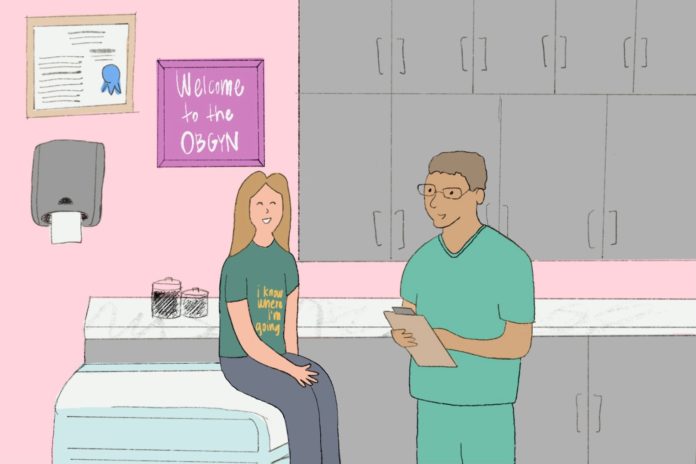By The Editorial Board
Let’s talk about sex. Not just the act of having sex, but all of the surrounding elements of it, including genital health and STIs, because that applies to everyone. Far too often, people refuse to discuss the important topic of safe and healthy sex practices because the subject matter is considered taboo, especially in Christian environments like Baylor.
It’s no secret that college students all throughout the world are having sex, even at our Christian university. According to a statistic from the Centers for Disease Control and Prevention, an estimated 55% of teens have had sexual intercourse by 18 years old. And although Baylor as a university adheres to the Christian values of abstinence as outlined in its Statement on Human Sexuality, that doesn’t mean all of its students do as well. That is why it shouldn’t be outrageous to see the importance of this topic.
Some may feel that talking about safe sex is encouraging students to have premarital sex, but that is simply false. It’s not like we are “giving any ideas” to students that they don’t already have, and if it is happening, it is important that it is happening safely. Not discussing sex doesn’t prevent people from having it; if anything, it enables them to have it in ways that could be unsafe.
Students who are having sex at Baylor may be unaware of the ways they are putting themselves at risk if they aren’t practicing safely. And students who aren’t sexually active may also be unaware of the genital health care they should be practicing. This is a situation where what you don’t know can, in fact, hurt you.
This is not the responsibility of Baylor; instead, this is something you should inform yourself of during your own time. If you aren’t sure where to start, we have included some resources to help.
Baylor offers various resources such as HIV and STD testing if you book an appointment with a provider so that the necessary test can be ordered. If you don’t feel comfortable going on campus, you can also check out this map for testing in or near Waco or this website for the City of Waco STD clinic.
Beyond just the discussion of sex, another topic that isn’t often discussed is the importance of going to the OBGYN. For those who do not know what this is, OB stands for obstetrician and GYN stands for gynecologist. The obstetrician specializes in pregnancy and childbirth, while the gynecologist specializes in treating the female reproductive system. These doctors are extremely important for vaginal health starting from the time patients reach their early 20s.
At the age of 21, a first gynecologist visit is recommended regardless of sexual activity or lack thereof. This is the age when pap smear tests begin as well. Pap smears can help detect unusual cells that could lead to cancer; they are an incredibly important genital health practice that helps diminish the threat of cervical cancer, and they begin at the college age.
Although there isn’t quite an equivalent to the OBGYN for the male reproductive system, the urologist specializes in men’s sexual health care, including being able to diagnose reproductive organ disorders. The urologist is able to help with issues regarding care of the testes, scrotum, prostate and penis. It is recommended by physicians that an exam with the urologist be scheduled annually.
We aren’t suggesting that Baylor supply bowls of condoms or free pregnancy tests, but we are encouraging Baylor students to educate themselves on the topic of safe sex and reproductive health practices. Whether you are sexually active or not, don’t be embarrassed to have these conversations and do your own research. It is abundantly beneficial to your health and well-being.






